Films
5 of the most realistic spy movies
A tall order, selecting five favourite realistic spy movies. It’s the realism that’s the problem. Almost by definition, films about spies can’t be realistic. The sight of a group of nerdy, earnest people sitting in a room reading files and making notes or sitting, bored, in a car for hours, waiting for something to happen, is enough to send anyone to the exit. As le Carré once said spying is waiting, and long hours of diligence and patience are punctuated by minutes of frenetic activity. So instead of picking movies that are naturalistic in their portrayal, I’ve chosen some that get closest to the flavour and emotion of the business. Some probably wouldn’t be thought of as spy movies. So there you are: a list of realistic spy movies that are neither all realistic nor all spy movies.
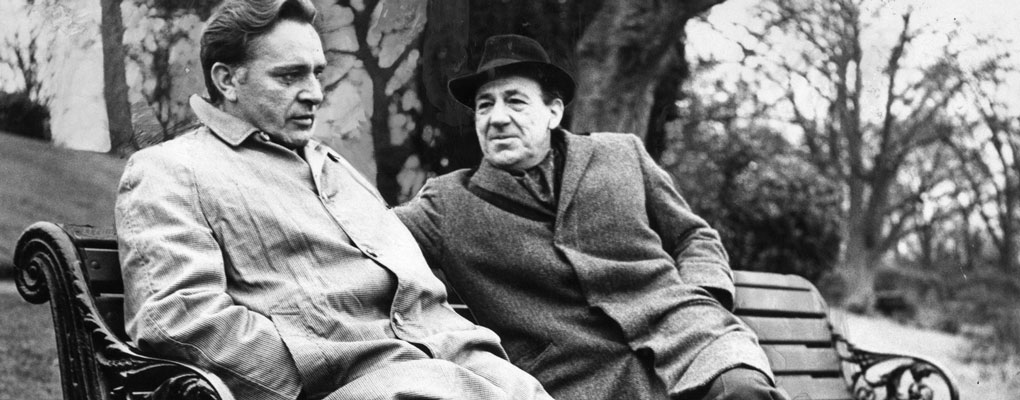
The Spy Who Came in from the Cold
Let’s start with an obvious one. Le Carré’s book, with its impeccably disguised twists and turns, its topicality at the time and its gritty realistic settings, was almost destined to be a film. To get the unreality out of the way first (though I have no idea how these organisations operated in the 1950s and 1960s), the ploy at the centre of the plot appears highly improbable, both in terms of what East German intelligence would buy as a ‘legend’ and in terms of the risks the Brits would be likely to accept in constructing an intelligence operation. But this is carping: it’s the deep and strong seam of disillusionment that rings wholly true. Alec Leamas is a true cynic, an idealist who crashes on the rocks of existential disappointment, and a sad, embittered figure. Feel the resonance of his words: ‘Who do you think spies are? They are a bunch of seedy bastards like me, little drunkards, queers, henpecked husbands, civil servants playing Cowboys and Indians to brighten their rotten little lives.’ That seam runs through the lives of spies, alongside its very opposite: shining hope and idealism.
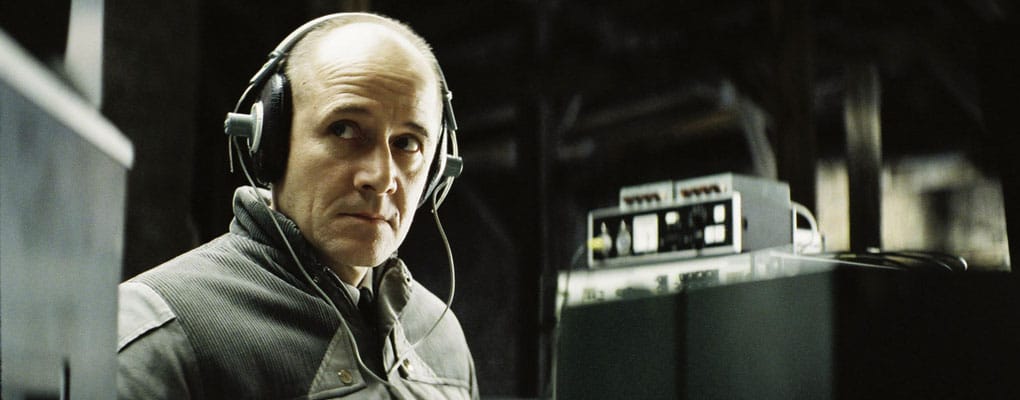
The Lives of Others
Possibly the most realistic of them all, though never having been a member of the Stasi I can’t really tell. What is portrayed with absolute precision is the sense of furtive grubbiness that the spying business can confer, as the watcher delves into his subject’s lives to the point where he feels he may know them better than they know themselves (see also The Conversation). Ulrich Mühe plays the Stasi captain Wiesler brilliantly, self-loathing competing with professional accomplishment as he observes the famous playwright, Georg Dreyman, and Dreyman’s lover Christa-Maria Sieland. Wiesler finds himself sympathising more and more with the couple and finds himself confronted by the conflict between his professional duty to an immoral state, his own moral compass and the will to survive.
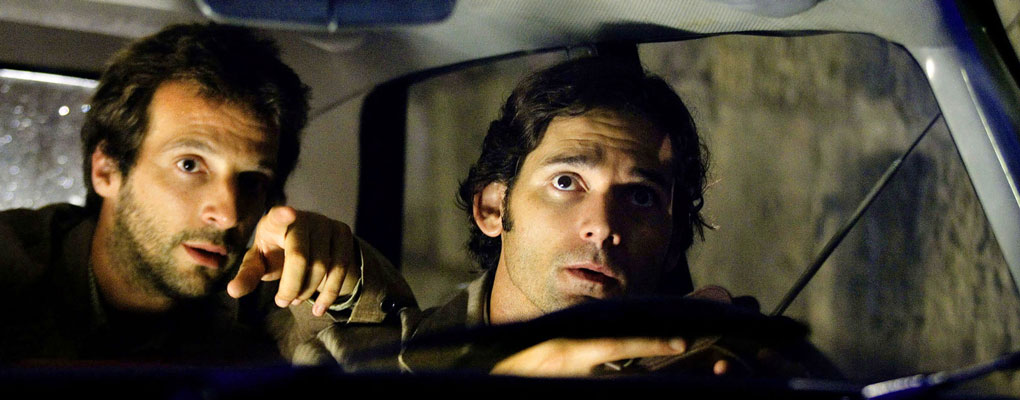
Munich
Stephen Spielberg’s 2005 film also has the sheen of realism. I can’t comment on how accurately it reflects the actual events following Black September’s assassination of Israeli athletes at the 1972 Olympics. But it does get at least two things right: the sense of mission inside the Israeli intelligence services and – perhaps inadvertently – the dangers of such an obsessive righteousness. (It’s a theme picked up too by the recent TV adaptation of The Little Drummer Girl). The Israeli team is driven by vengeance and an unshakeable belief in the moral virtue of their task, until, that is, that belief is shaken. Spielberg manages to surface several of the moral dilemmas that are part and parcel of the spy’s job.
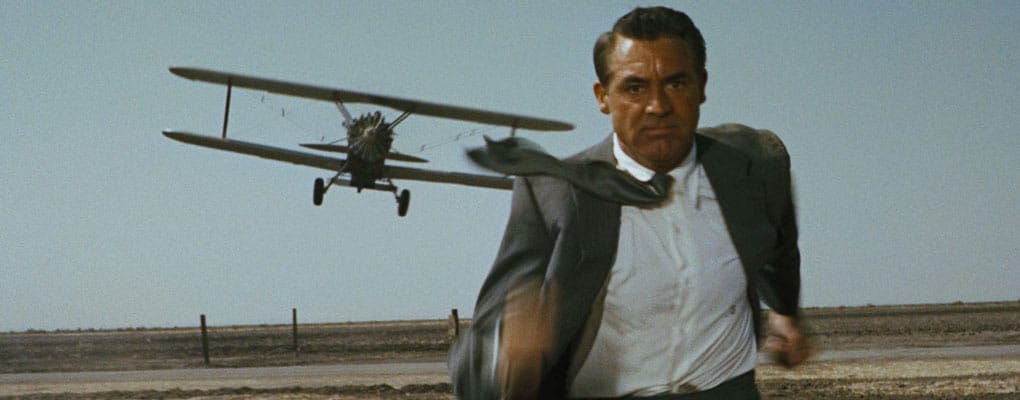
North by Northwest
Unbelievable plot, absurdly glamorous and shallow characters, stylish settings, ridiculous coincidences; so what is this movie doing on this list? I had to shoe-horn it in because it’s such great fun, thrilling, exuberant and funny, with superb performances from Cary Grant, Eva Maria Saint, James Mason, Martin Landau and others. The cinematography and direction are brilliant, whether it’s the famous crop-spraying scene or the chase across Mount Rushmore. My only justification for including this film, other than that I like it, is, I suppose, the core of truth that comes through in one of the (very) minor characters, The Professor (played by Leo G Carroll). The somewhat lugubrious, grey Professor, whose sheer dullness is also very realistic, shows the dilemma of the spy whose agent is in deadly peril: on the one hand anguished concern for that person’s well-being and future safety, and on the other a greater moral duty and the need to get the job done. But then again, a CIA officer with a greater moral duty…?
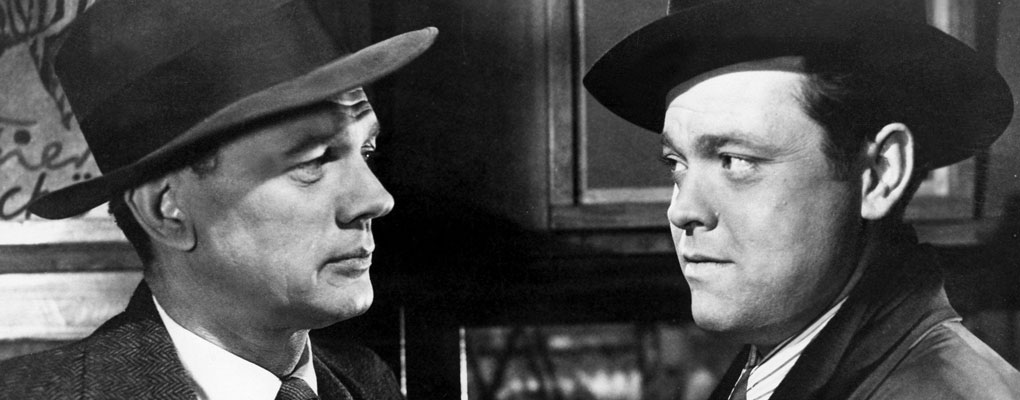
The Third Man
Many wouldn’t think of this as a spy movie. But Major Calloway is indubitably an intelligence officer and what he is up to is definitely espionage. Brilliantly plotted by Graham Greene, superbly directed by Carol Reed and wonderfully acted by the whole cast, especially the leads Orson Welles and Joseph Cotton, this film has atmosphere, mystery, tension and intellectual challenge. The realism is that of post-War Viennese intrigue, where crime, largely black-marketeering, is rampant; the occupying powers are trying to contain chaos and into the bargain vying for primacy amongst themselves; and the lives and dreams of individuals are cheap and up for barter. Aside from the main theme – who was the third man present at Harry Lime’s death? – two elements come through particularly strongly to me, and they’re to do with Calloway: first, his deep sense of right and wrong and his outrage at the injustices that pervade this chaotic city; and, second, his impotence in the face of force majeure, his necessary accommodations with the unscrupulous Russians and his disillusionment. Both are true features of some spies’ lives.
Plus…
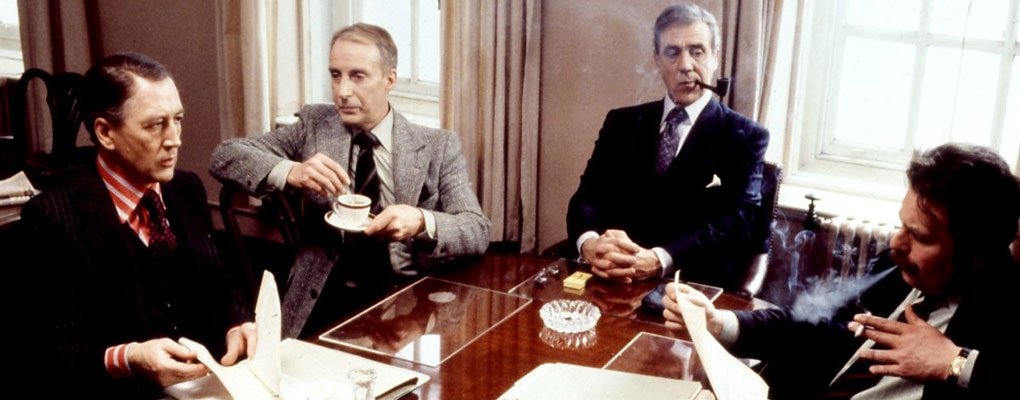
Tinker Tailor Soldier Spy and Smiley’s People
Finally, I need to make a plug for a TV series. Made in the late 1970s, the BBC’s Tinker Tailor Soldier Spy and Smiley’s People really do show the spy’s life in accurate detail: methodically building from disparate fragments a picture that resembles the truth, the small, painstaking steps along the way, the misdirections, the cruelty, the cynicism, the breakthroughs, the disappointments, the moments of panic. It truly cannot be beaten, and the two series make the ultimate box-set binge, if you can get beyond 1970s technology and production values. It’s not without its big unrealities – how on earth does Ricki Tarr gain control of the MI6 Paris station single-handed, for instance? – but it speaks volumes of truth. At the very end, Smiley’s sense of inner triumph, tempered – overwhelmed almost – by a melancholy sense of anti-climax, brings many a tear to an old spy’s eye.
Can you think of any more realistic spy movies? Let us know in the comments below!
3 Comments
Join the discussion
Please note: Moderation is enabled and may delay your comment being posted. There is no need to resubmit your comment. By posting a comment you are agreeing to the website Terms of Use.
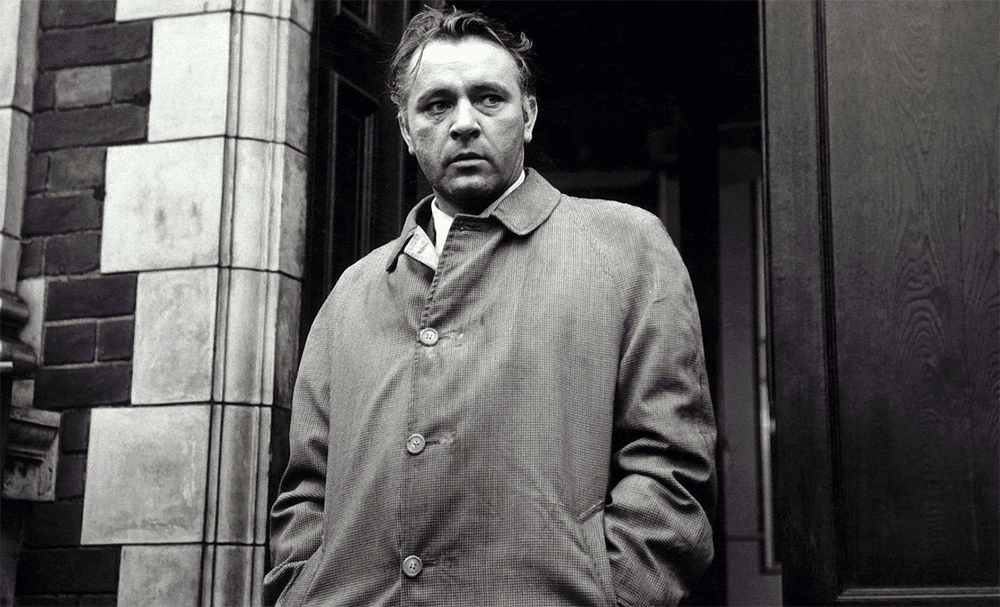

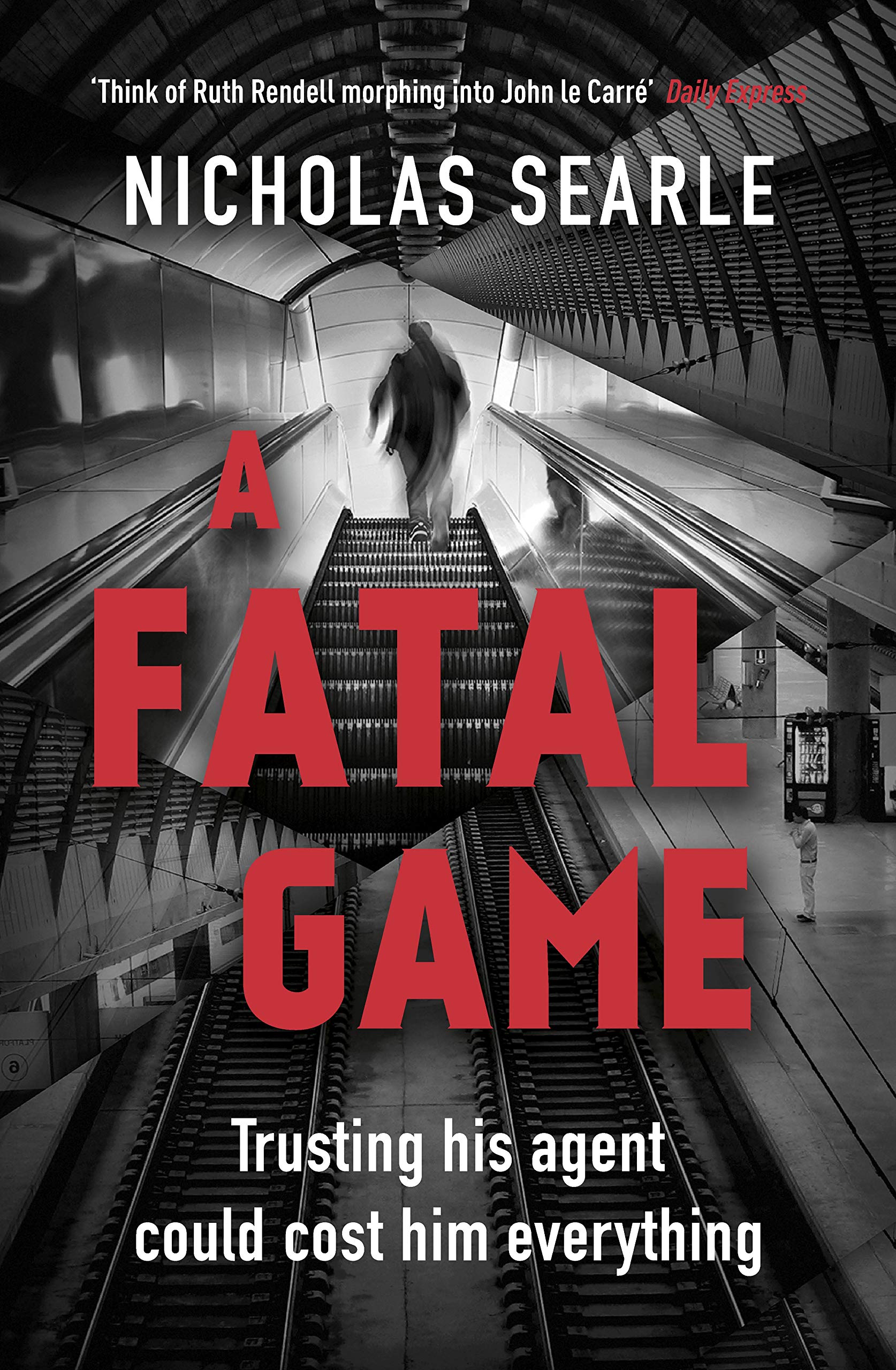

Bridge of Spies obviously.
The two BBC mini-series based on le Carré novels really are peerless. My next-favourite spy film, Apted’s “Enigma”, combines realism with a thumping good yarn, and I’d really consider it a prime contender for any list of spy films, let alone realistic ones. Only the ending smacks slightly of contrivance, but the pleasure is in the journey.
I also thought that “Codename Kyril” does much better than “North by north-west” both for realism and tension, ‘though of course it is a mini-series. I’d have put two more le Carré-based films ahead of that: “The little drummer girl” and “Our kind of traitor”. I didn’t need to work over-hard on suspending disbelief when I watched “Breach”, “Zero dark thirty”, “Half-moon Street” and the “Hook, line and sinker” mini-series, either, and thought that they made for pretty good watching. The last-named is difficult to find, but it can be done, on DVDR.
I’m not sure that films about wartime resistance activities should qualify as spy films, but, if they do, I’d like to put forward for consideration three foreign productions: “Army of shadows”, “Army of crime”, and “Flame and Citron”. They’re not altogether flawless as films, but they’re really interesting.
And then there’s a South African series which I’ve not been able to find in circulation, let alone on DVD, but which seemed pretty realistic to me and was in fact based on historical fact: “The fourth reich”, directed by van Rensburg. When finally I lay hands on that, I’ll consider it to be a considerable coup.
Harry Palmer’s first appearance in “The Ipcress Files” deserves a mention in dispatches. At the time, it was viewed as a shockingly realistic counterbalance to James Bond, but in hindsight shares more than a few similarities with 007 (impassive boss, superb John Barry score, general 60s gloss). Strange that our hero (un-named in the Len Deighton classic novel) was a dark haired Northener in the books: can’t think of the character now without seeing & hearing Michael Caine. “Funeral In Berlin” was terrific too, ditto “Billion Dollar Brain”, although realism took a back seat in the later with Ken Russell’s modish psychedelic direction.
“Charlie Muffin” is worth a look too. David Hemmings’ down at heel spy is a joy in an adaptation of Brian Freemantle’s books. This 1979 film has a great cast of stalwart character actors – Ralph Richardson, Clive Revill, Sam Wanamaker & Ian Richardson.